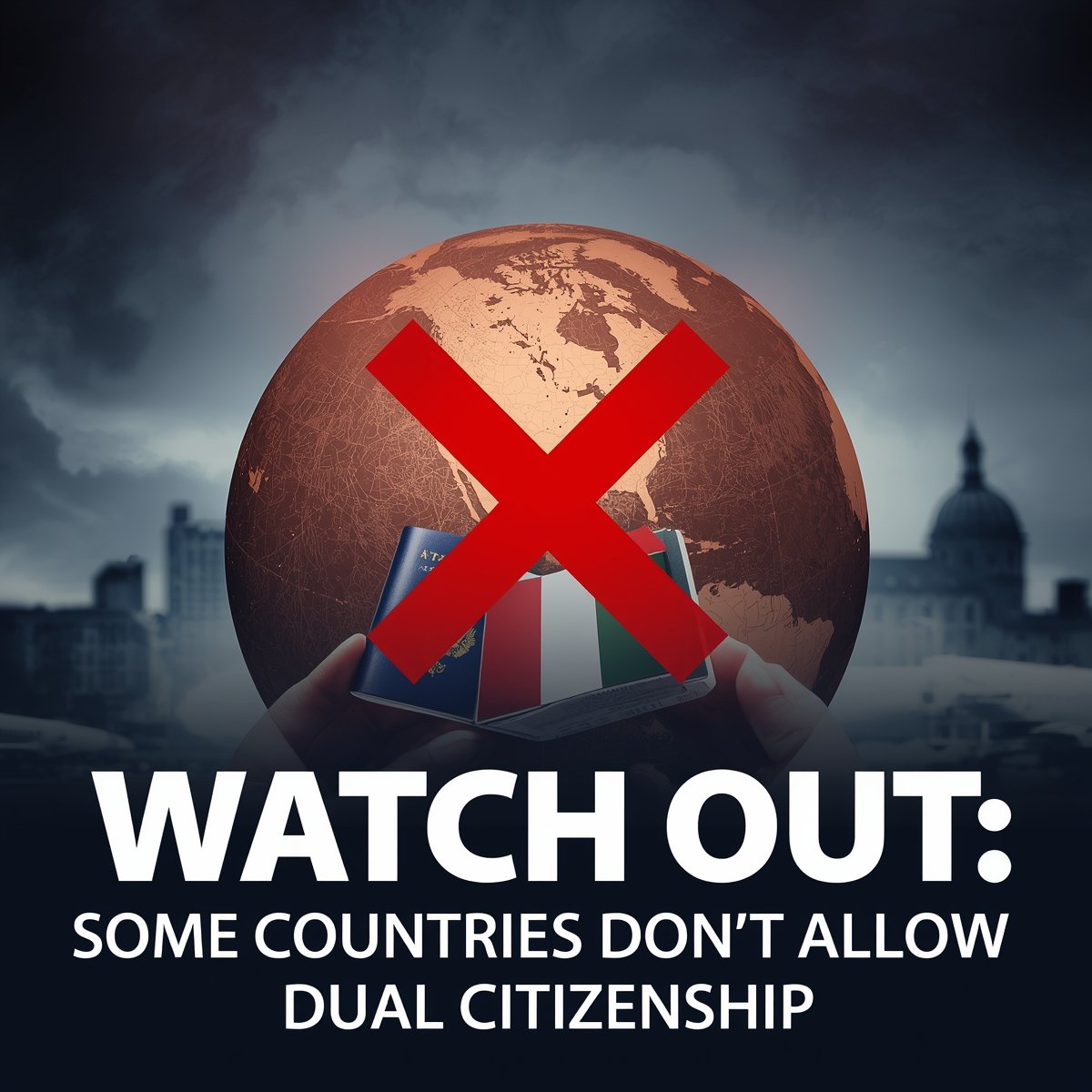Many people dream of living abroad, whether for work, love, or a fresh start. But before you pack your bags and apply for a second passport, it’s important to understand the rules about dual citizenship. Not every country allows you to hold more than one nationality — and in some places, you may be forced to give up your original citizenship.
What Is Dual Citizenship?
Dual citizenship (or dual nationality) means you are legally recognized as a citizen of two countries at the same time. This can give you benefits like the right to live, work, and travel freely in both nations.
The Problem: Not Every Country Allows It
While many countries are fine with dual citizenship, others restrict it or don’t allow it at all.
For example:
China and India do not allow dual citizenship. Becoming a citizen elsewhere usually means you must renounce your original nationality.
Japan requires citizens with another nationality to choose one by adulthood.
Singapore does not allow dual citizenship and may revoke it if discovered.
Even countries that technically allow dual citizenship may have restrictions. Some only allow it in specific cases, such as through marriage or descent.
Why This Matters
Losing your original citizenship could mean:
No longer being able to live or work freely in your home country.Losing access to healthcare, voting rights, or property ownership back home.Complications if you want to return in the future.
How to Protect Yourself
Research first: Check the official immigration or government website before applying for citizenship elsewhere.Talk to an expert: Immigration lawyers can help you navigate complex rules.Consider alternatives: Residency permits or long-term visas may give you what you want without risking your original citizenship.
Bottom line: don’t assume dual citizenship is automatic. Some countries make you choose, and the decision is permanent. Do your homework before taking the leap.

